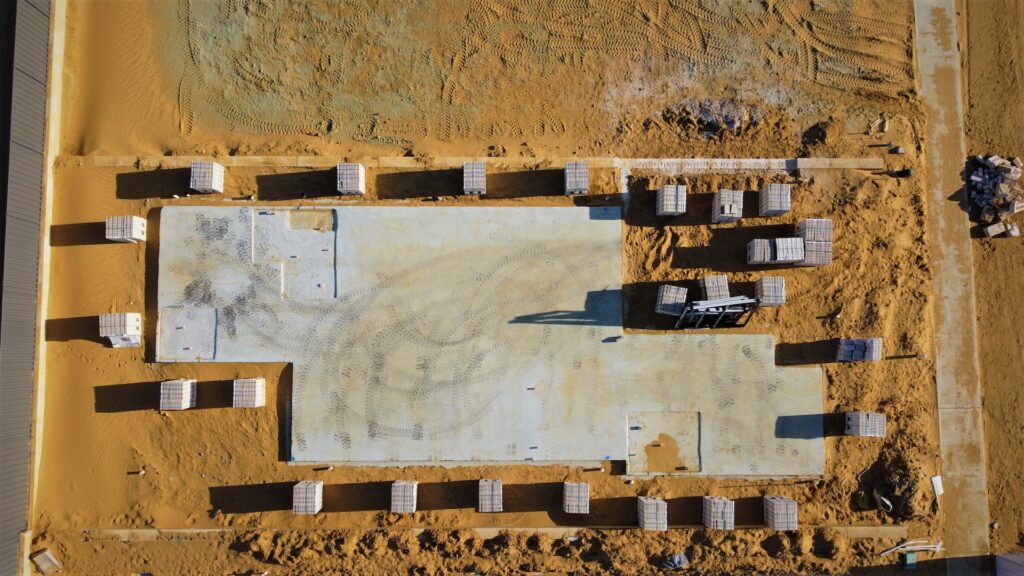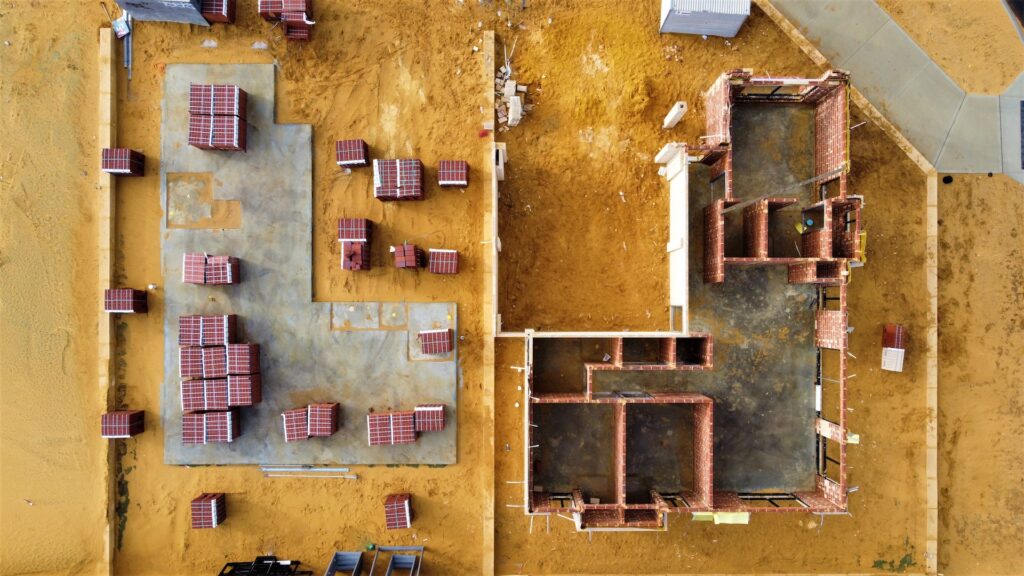Understanding Different House Foundation Types
The foundation is a crucial element of any building, providing stability and support to the structure. When it comes to house foundations, there are several options to consider. Each type has its own set of advantages and disadvantages that can greatly impact the overall functionality and durability of a house. In this comparative analysis, we will examine the pros and cons of three common house foundation types: concrete slab foundations, crawl space foundations, and basement foundations. By understanding the characteristics of each foundation type, homeowners and builders can make informed decisions that best suit their specific needs.
Pros and Cons of Concrete Slab Foundations
Concrete slab foundations are a popular choice due to their affordability and simplicity. One major advantage is cost-effectiveness, as they require less materials and labor compared to other foundation types. Additionally, concrete slab foundations are durable and provide good resistance against pests, such as termites, as there are no cavities for them to inhabit. However, one of the drawbacks of this foundation type is that it is prone to cracking due to changes in soil conditions or settling. Repairing these cracks can be costly and time-consuming. Moreover, concrete slab foundations offer limited insulation, making it less energy-efficient than other foundation types.
Examining the Advantages and Disadvantages of Crawl Space Foundations
Crawl space foundations are constructed with a raised floor supported by piers or pillars, creating a space beneath the house. One advantage of crawl space foundations is accessibility, as they allow for easy access to mechanical systems, plumbing, and electrical components. This makes maintenance and repairs more convenient. Additionally, crawl spaces provide better insulation compared to concrete slab foundations, reducing energy costs. However, crawl space foundations are more susceptible to moisture-related issues, such as mold and mildew growth. They also require regular ventilation and insulation maintenance to prevent humidity buildup and potential damage.
Unearthed: Analyzing the Benefits and Drawbacks of Basement Foundations
Basement foundations are built below ground level and provide additional living space or storage. One significant advantage of basement foundations is their versatility. They offer ample space for various purposes, such as a recreational area, home office, or workshop. Moreover, basement foundations provide better protection against severe weather conditions, as they are naturally more resistant to high winds and storms. However, building a basement foundation can be more expensive compared to other types, due to excavation and waterproofing requirements. Basements are also more prone to water leakage and flooding, requiring proper drainage systems and regular maintenance.
In conclusion, selecting the right house foundation type is a crucial decision that should be made based on the specific needs and circumstances of the homeowner or builder. Concrete slab foundations offer affordability and durability, but may lack insulation and are prone to cracking. Crawl space foundations provide accessibility and better insulation, but require regular maintenance to avoid moisture-related issues. Basement foundations offer versatility and protection, but come with higher costs and potential water leakage concerns. By considering the pros and cons of each foundation type, individuals can make an informed choice that ensures a solid and reliable foundation for their homes.











0 Comments